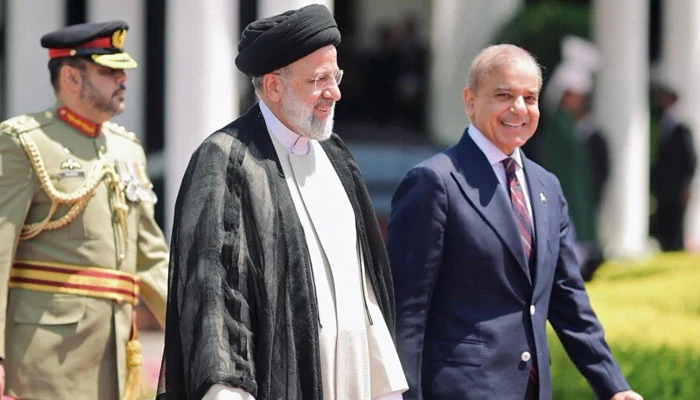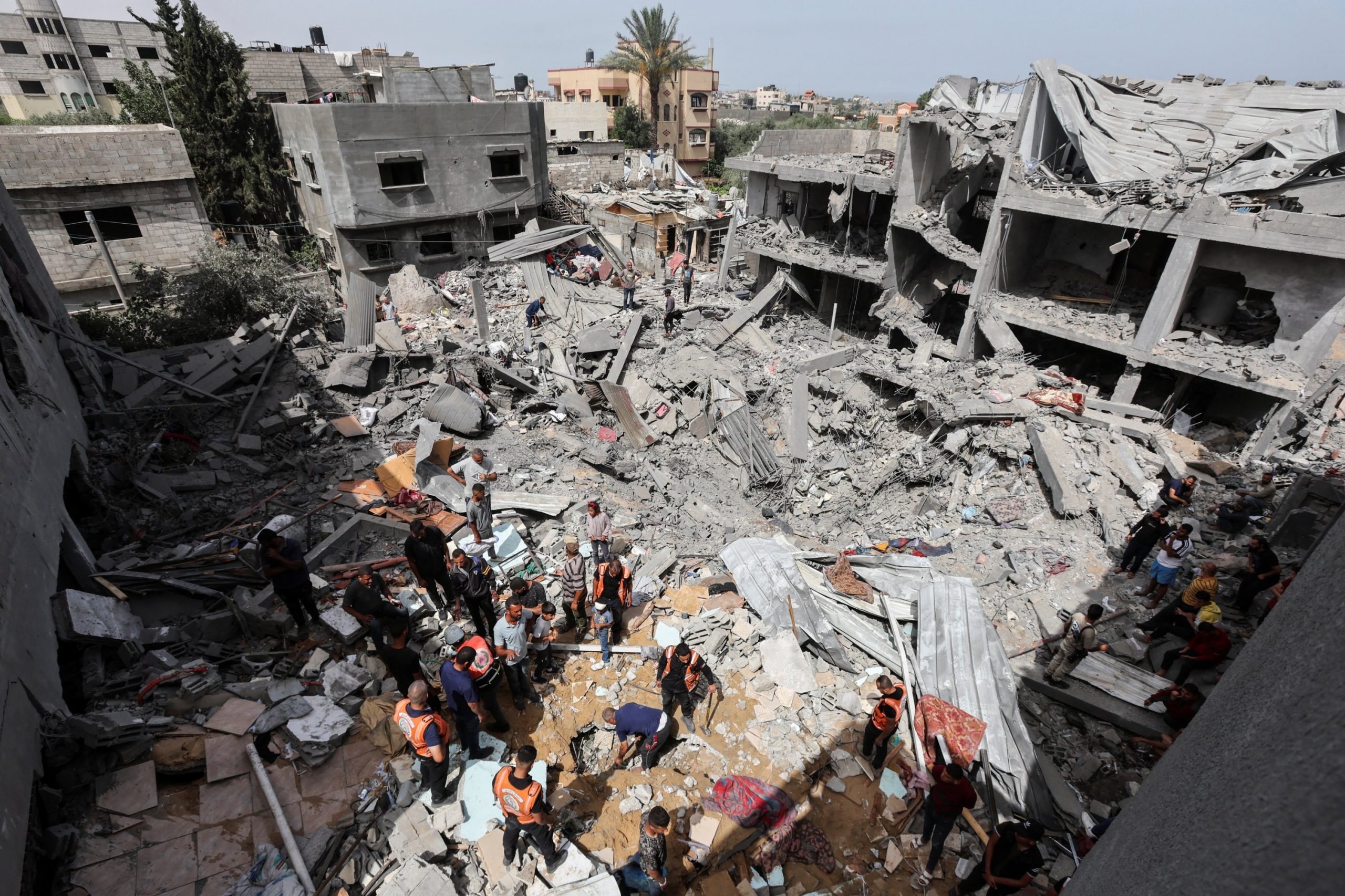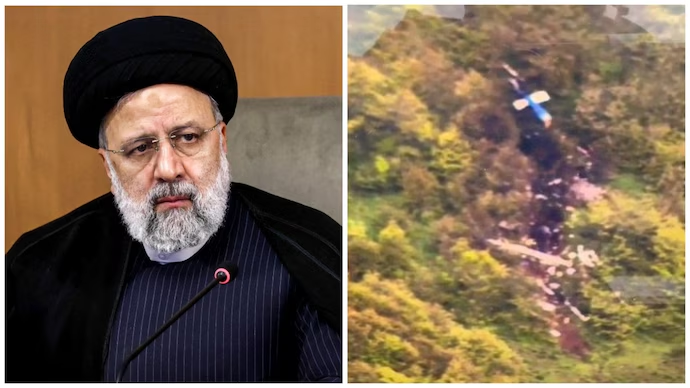
The statement comes a day after Inter Services Public Relations (ISPR) Director General (DG) Maj-Gen Ahmed Sharif said that the planning for the attack was done in Afghanistan and the suicide bomber was also its national.
“Terrorists and their facilitators were also being controlled from Afghanistan and the suicide bomber was also an Afghan national,” the ISPR DG had stated.
He had also listed other terror incidents, including by the Tehreek-i-Taliban Pakistan (TTP), that he said continued from Afghan soil despite repeated complaints to the neighbour’s rulers.
Five Chinese engineers and their Pakistani driver were killed in the suicide bombing on March 26 as their bus was attacked in the Bisham city of Khyber Pakhtunkhwa’s Shangla district. They were travelling between Islamabad and a hydroelectric dam construction site in KP’s Dasu.
The attack had prompted China to demand a thorough probe into the deadly blast and security for its citizens. In response, Islamabad had announced a swift probe to hold the “perpetrators and accomplices” accountable. After a joint investigation team was formed to probe the incident, action was ordered against five senior police officials.
No group has claimed responsibility for the deadly attack on Chinese nationals.
In a statement issued today, Afghan defence ministry spokesperson Enayatullah Khwarazmi termed the claims “irresponsible and far from the reality”.
He said blaming Afghanistan for such incidents was a “failed attempt to divert attention from the truth”, adding that the killing of Chinese citizens in an area which was “under tight security cover of the Pakistani army shows the weakness of the Pakistani security agencies”.
“The Islamic Emirate has assured China on this matter and the country has also understood the fact that Afghans are not involved in such issues,” the spokesman said.
He claimed that members of the militant Islamic State group were “entering Afghanistan from Pakistan”.
“We have much evidence of Daesh (IS) who came to Afghanistan from the territory of Pakistan, and Pakistan’s territory being used against us for which Pakistan should answer,” Khwarazmi said.
He added that Kabul considered the stability and security of Pakistan to be in the interest of Afghanistan and the region and believed in the “brotherhood and good relations between the people of the two nations.
Some of the experts believe that public accusations by Pakistani and Afghan officials will further complicate the situation.
Former Pakistani Ambassador Ayaz Wazir said a public blame game would increase mistrust and further deteriorate relations.
“Both governments should hold a wide range of talks and explore ways for solutions to problems. Pakistan should clearly convey its concerns over the TTP presence in Afghanistan and also pay attention to the concerns of the other side,” Wazir told Dawn.com.
Wazir has served as the Pakistan consul general in Afghanistan’s northern city of Mazar-i-Sharif and was part of a negotiation team between the Afghan Taliban and then-opposition leader Ahmad Shah Masoud in the 1990s.
He further said that Pakistan should not blame the Afghan government for incidents in Pakistan and focus on security problems.
The tit-for-tat verbal response between the two countries’ officials shows the growing mistrust between the two countries despite several channels of communication, including a joint border coordination committee to review security issues.






